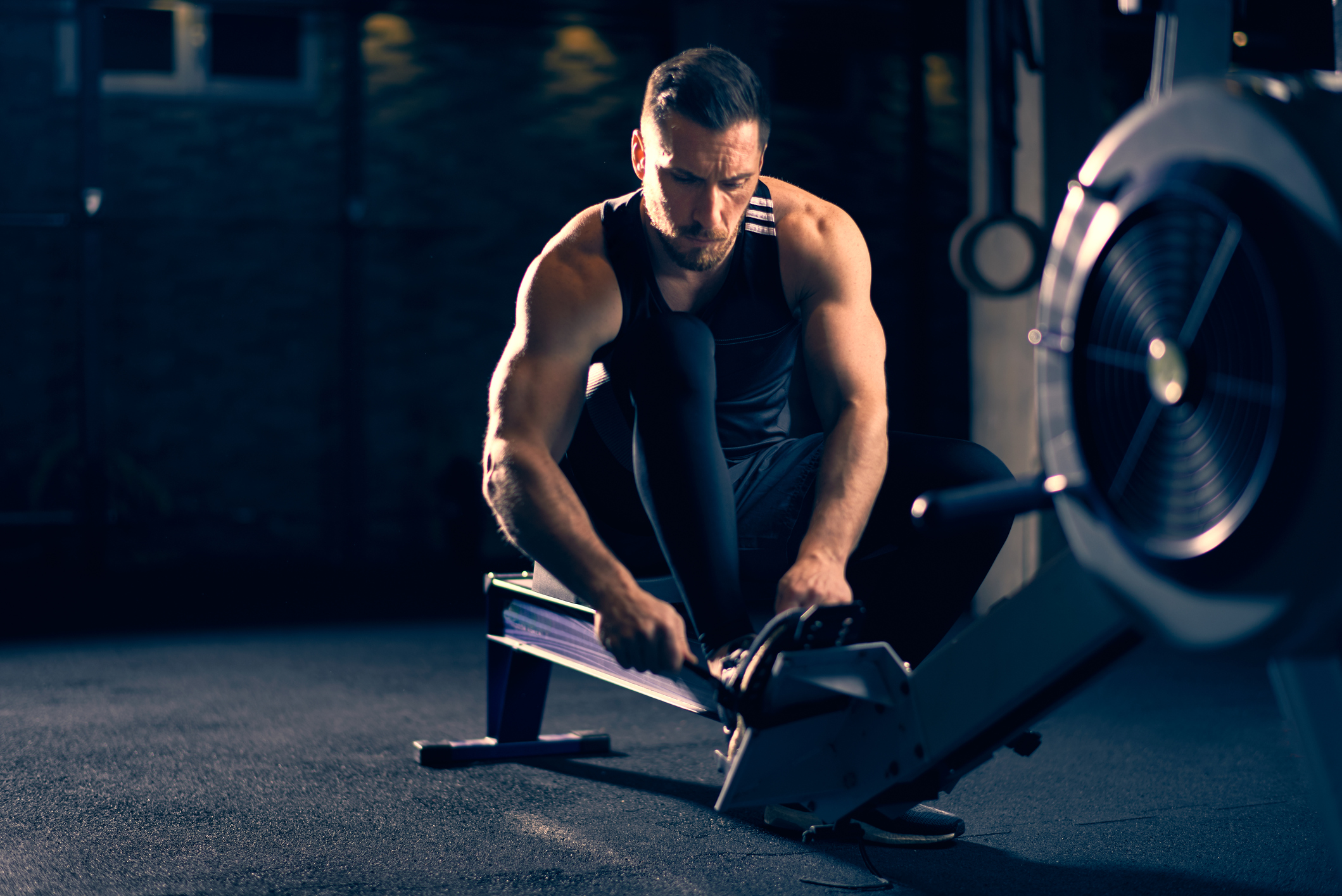1. Begin early
To guarantee a good mental preparation for your 2k erg test or race make sure you begin early. You probably do it naturally anyway. But once you are notified by your rowing coach or you take a personal decision to race a 2k erg test you should immediately begin the process of internal preparation.
Because usually, the more time you have to prepare, the better you can be mentally prepared for the 2k.
2. Plan every detail
You must plan everything. And be absolutely meticulous about everything. Attention to detail is key. Decide exactly how you are going to prepare. Decide exactly on what you will do on race day. Have a 2k erg strategy well planned in your mind and practice it if possible at lower intensities in training.
Knowing exactly what you you are going to do will reassure you and give you a strong base to launch your race plan on race day. Don’t fulfill to prophesy of he who fails to plan, plans to fail.
3. Train hard
I am a big believer in preparing physically for a 2k erg. I believe that an excellent physical preparation will give you enormous confidence and mental strength in your approach to the race.
If you are well trained and have developed the necessary fitness and mental toughness for the 2k erg in your training, then the need to do other extra mental preparation should not be as strong.
4. Better to be under than over cooked.
Never, ever over train with erg rowing when you are preparing for a 2k erg test. When you are tired and over trained the chances are that you will be weak mentally. Or at best you will be in a vulnerable mental state for the 2k.
This balance between under and over training is up to you. And will come with experience. But when you’re are in doubt – more is less.
5. Attack.
When it comes to race day, within the confines of your 2k test plan you should aim to attack. Our primitive natural defence mechanisms instruct us to either fight of flight. Adrenalin can be a great strength for a rower. It can make our rowing perceived exertion seem easier. So use it. Aim to attack the erg test (within your plan) and do not fear it.
6.Keep those promises.
Remember the last 2k erg test you did? What promises did you make yourself during or afterwards? Did you keep them? Maybe you promised yourself that you’d train harder, smarter, get more sleep or eat better. We’ve all done it. But the real difference comes in keeping those promises to yourself. It’s all about personal integrity. It’s just between you and me. Keep your promises – and when it comes to preparing for a 2k erg test, you will thank yourself.
7. Understand that It will be difficult
Aim high, under achieve and you’ll feel bad.
Aim low, over achieve and you’ll feel great.
Expect an ok erg test, it’ll be hard and you’ll suffer mentally.
Expect a very difficult erg test , it’ll be easy and you’ll score a PB.
(I’ve used this tactic successfully many times).
[mc4wp_form]
Want More Erg Rowing Insights?
Subscribe to get notified immediately about new posts.
Introducing the 2K Erg Book

See Book Chapters
9 Chapters full of the best articles from ergrowing.com

